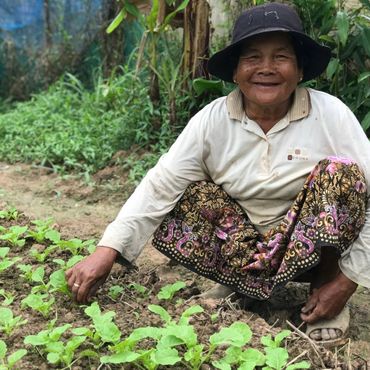Signed in as:
filler@godaddy.com
Signed in as:
filler@godaddy.com


“Without health, life isn’t truly life.”
Clean water, sanitation, and hygiene training are transforming lives across rural Cambodia—building healthier communities and a more sustainable future.
“Teach a family to grow their own food, and you nourish generations.”
Through homestead garden training, families in rural Cambodia are building food security, improving nutrition, and creating a healthier future from the ground up.
“An investment in knowledge builds futures.”
Education is opening doors in rural Cambodia—removing barriers, expanding opportunity, and helping the next generation break the cycle of poverty.
“Small steps can spark lasting change.”
Access to capital empowers rural Cambodian families to start businesses, grow incomes, and build sustainable futures through community-led solutions.
Explore Our Latest Newsletter & See Lives Transforming from Survival to Sustainability
Trailblazer Foundation is seeking passionate individuals to join our team of volunteers and help us provide clean water and prosperity to rural Cambodian communities.
Give with confidence the Trailblazer Foundation is a 501(c)(3) charity that has earned Charity Navigator’s three-star rating and Candid’s Platinum Transparency seal. EIN: 20-1063922
Copyright © 2018 Trailblazer Foundation - All Rights Reserved.
This website uses cookies. By continuing to use this site, you accept our use of cookies.